US media coverage affects view of China: panel
Updated: 2016-03-12 01:13
By HUA SHENGDUN in Washington(China Daily USA)
|
||||||||
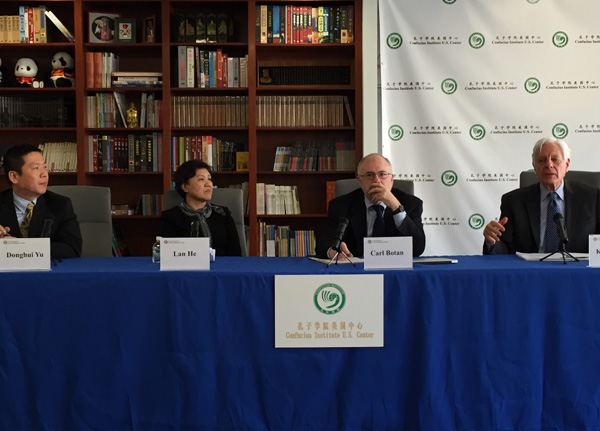 |
|
From left: Donghui Yu, chief US correspondent with the China Review News Agency of Hong Kong; Lan He, professor of international journalism at Communication University of China ; Carl Botan, professor of communications at George Mason University; and Kevin Klose, a journalism professor at the University of Maryland, discuss US media’s coverage of China in Washington on Wednesday. Allan FonG / FOR CHINA DAILY |
American media have become increasingly critical of China in the past several years, which has reshaped public opinion in both countries, according to a panel on public opinion.
Donghui Yu, chief US correspondent with the China Review News Agency of Hong Kong, said that the fundamental reason behind the change in the US public perception of China "lies within the balance of power between these two countries, which leads to the anxiety of the American elite".
Yu was one of four experts attending a panel discussion on media, international relations and public opinion, at the Confucius Institute US Center in Washington on Wednesday.
Yu argued that US media have purposely portrayed China in an increasingly negative light over the past several years, which has greatly affected public perception.
Citing public opinion polls, Yu said, "In 2011, 51 percent of Americans held favorable views of China. But in 2013, this number dropped down to 37 percent. On the other hand, negative views of China increased from 36 percent to 52 percent."
Yu noted that the drop in public opinion is reciprocal.
"The Chinese increasingly see the US in a negative way as well," he said.
Yu said that it is not just the American general public that sees China in a different light, but American experts on China as well.
"Many experts on China who were originally regarded as China-friendly scholars are getting more critical about China," he said.
"Many of them accuse China of not following the international norms and laws. But I think the fundamental reason behind the change is that Americans are anxious about the rising of China."
Lan He, professor of international journalism at Communication University of China, said that "as China's national power has grown strong, the US media has turned to sensationalist topics like the South China Sea disputes and China's rising militarization".
She agrees the heightened coverage is behind the drop in public opinion.
To illustrate the change, she cited a period when coverage of China was positive, and public opinion followed such sentiment.
After the United States and China established diplomatic relations in 1972, China carried out a national development program of reform and opening up, she said.
The United States saw that China might develop into a capitalist country, and so following these favorable views, the American media portrayed China as a romantic, mysterious and friendly country, she continued, adding that this perception of China was held with Americans until about late 1980s.
However, she said that in recent years, Americans have seen China portrayed by the media as a "threat".
While the other panelists agreed that American media generally portray China in a more negative light, the reasoning behind the coverage was debated.
Carl Botan, professor of communication at George Mason University, said: "The coverage of much news in the world is negative. And I'm not yet convinced that the coverage of China is fundamentally different than the coverage that we see on all kinds of issues, both domestic and international."
Kevin Klose, a professor of journalism at the University of Maryland and a former president of National Public Radio, believes that negative press coverage has become standard practice in the United States and not something specifically targeted at China.
Klose said American media are critical about the US, even more so than others.
"I do think there is a lot of negative journalism in America about the shortcomings of the American political system, of our social systems, and so forth," he said.
"And I think it's earned. There are many things in this country that need to be fixed, and you can listen to any of the candidates who are running for nomination for the presidency.
"They all have very serious complaints of how America conducts its business in the world, and its own social cohesion within the country," Klose said.
Klose said that American media are not without flaws.
"We Americans are as fallible as other people are fallible," he said. "Our country makes mistakes every day, and our media makes mistakes every day. … Human beings, in fact, relative to the goals that they set for themselves, often fall short."
Allan Fong in Washington contributed to the story
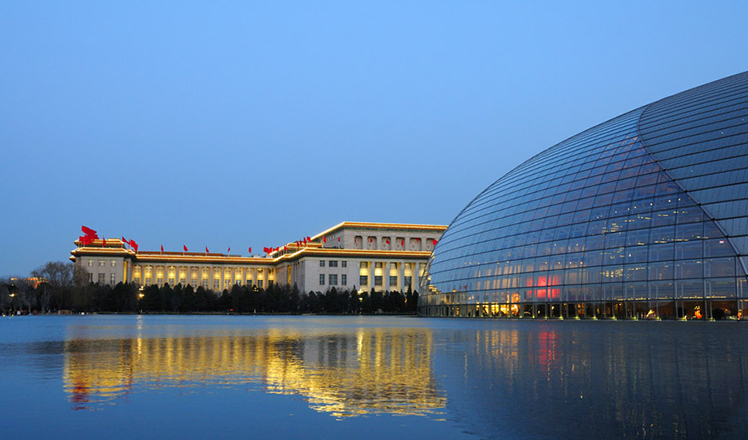
 Beijing sees blue sky during the two sessions
Beijing sees blue sky during the two sessions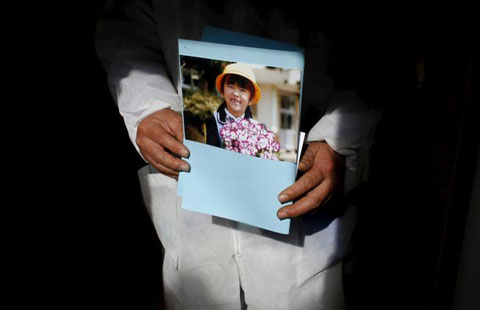
 Fukushima five years on: Searching for loved ones
Fukushima five years on: Searching for loved ones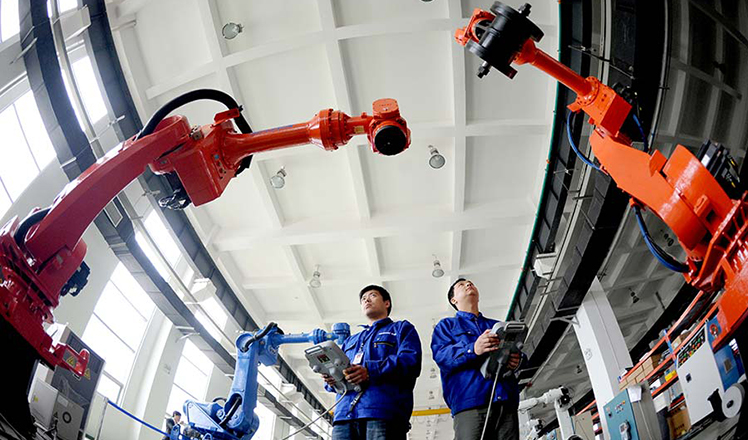
 Robots ready to offer a helping hand
Robots ready to offer a helping hand
 China to bulid another polar ship after Xuelong
China to bulid another polar ship after Xuelong
 Top 10 economies where women hold senior roles
Top 10 economies where women hold senior roles
 Cavers make rare finds in Guangxi expedition
Cavers make rare finds in Guangxi expedition
 'Design Shanghai 2016' features world's top designs
'Design Shanghai 2016' features world's top designs
 Cutting hair for Longtaitou Festival
Cutting hair for Longtaitou Festival
Most Viewed
Editor's Picks

|

|

|
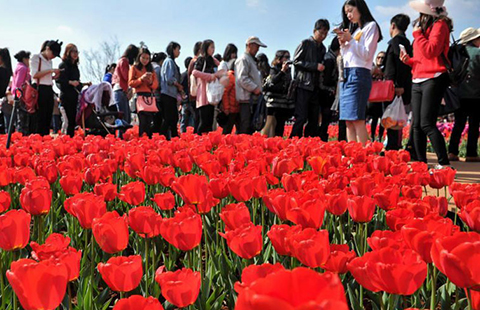
|
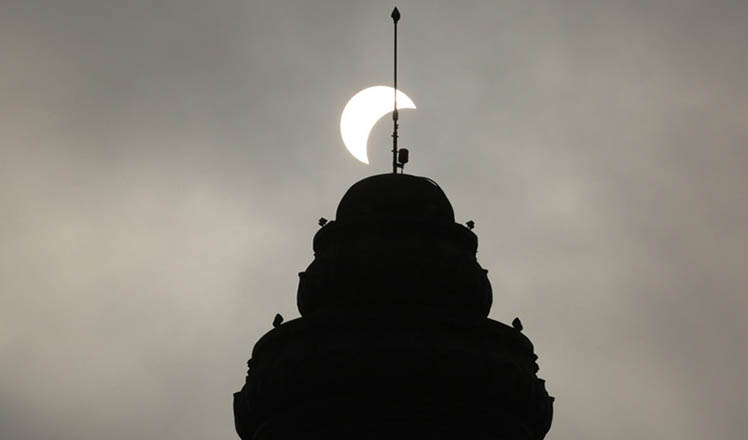
|

|
Today's Top News
What ends Jeb Bush's White House hopes
Investigation for Nicolas's campaign
Will US-ASEAN meeting be good for region?
Accentuate the positive in Sino-US relations
Dangerous games on peninsula will have no winner
National Art Museum showing 400 puppets in new exhibition
Finest Chinese porcelains expected to fetch over $28 million
Monkey portraits by Chinese ink painting masters
US Weekly

|

|








